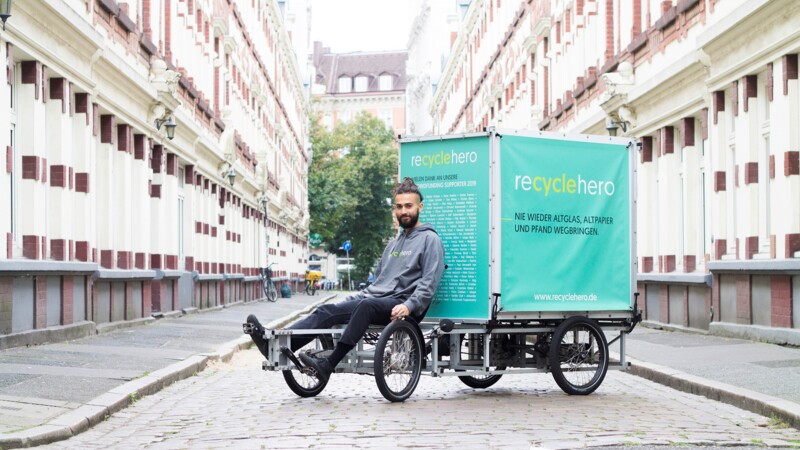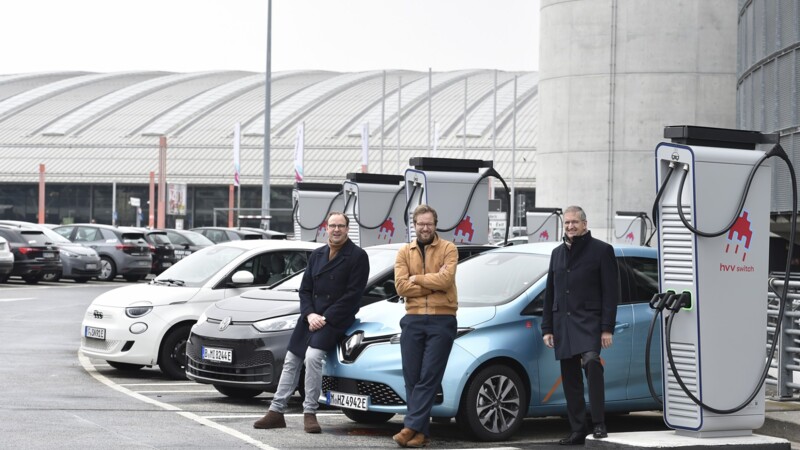The pandemic, higher energy prices and inflation are commonplace and prompting changed consumer behaviour for 67 per cent of the respondents. A majority of respondents (62 per cent) said ethical criteria are a fundamental part of their purchasing decisions compared to 70 per cent in 2020. However, sustainable living has become a secondary priority for 43 per cent.
Ethical consumption and buying sustainable products remains important for 62 per cent of respondents, according to a survey by the Hamburg-based Otto Group and despite crises and inflation. The survey examined the consumer behavior of 1,000 people aged between 16 and 72 years in Germany last November. The following are the top seven findings.
1. Ethical consumption important despite crises
2. Climate neutrality and circular economy for ethical consumption
Around 68 per cent of respondents cited climate neutrality as a benchmark of ethical consumption. Labels and companies should take more responsibility for climate neutrality. Most respondents (62 per cent) are familiar with the concept of the circular economy, i.e. reusing or recycling products. Around 75 per cent of respondents are prepared to follow the path from a throwaway society to a circular society. Although the baby boomers are more determined (85 per cent) than Generation Z (64 per cent), the willingness to do so has fallen by 7 per cent over 2020.
3. Demand for sustainable, holistic products
Commitment to a circular society is reflected in the desire for sustainable products. Around 82 per cent of respondents came out in favour of products offering sustainable solutions from planning to recycling. Companies should adapt to this trend and adjust their business model to the circular economy, the Otto Group said.
4. Mix of savings and sustainability
Around 67 per cent of respondents said their consumer behaviour had changed as a result of the crises and that they now rely on a mix of savings and sustainability. A good one in two said they share, borrow or resell products for transport, fashion or media. The sharing economy is a good means of consuming sustainably and cost-effectively, the Otto Group said.

5. Repairing instead of consuming
E-commerce has rarely offered repair services so far. However, 81 per cent of respondents would use such services, if they were available, and believe manufacturers rather than retailers are responsible. The linear economy is increasingly being called into question as the move towards a circular society gains pace. Thus, more repair and restoration services or buy-back options should be offered in future.
6. Personal responsibility more important than policy measures
Some 26 per cent of respondents said the key impetus to switch to the circular economy came from themselves - an increase of 4 percentage points over 2020. Only 13 per cent said policy measures provided the impetus, down from 41 per cent in 2020.
7. Consumers punishing greenwashing
Almost half of respondents felt deceived by greenwashing and would no longer buy the products offered. Firms should take concrete measures instead of merely listing their sustainability goals, according to the Otto Group. Alexander Birken, CEO of the Otto Group, said: "We have to pull together with society, politics and business to shape our future in a way that is worth living - away from a throwaway society towards a circular economy with a resource-conserving production method and even more respect for human rights. Respect and mindfulness towards nature will take on a new significance."
nj/mm/sb/pb
Sources and further information
More
Similar articles

Sustainability gaining priority in companies, survey finds

Founders of Recyclehero rethinking circular economy

Hochbahn puts e-car sharing hub into operation at Hamburg Airport
